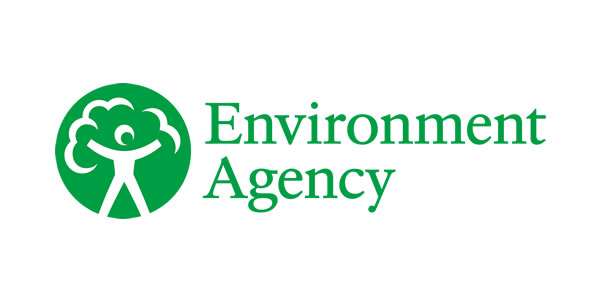Light Pollution at a point of no return
Posted on 2nd March 2021

Light has many benefits to us, it allows us to view, travel around (such as the winter commute), it’s a safety feature with a deterrent on crime and antisocial behaviour. It can also be a way of communicating festive cheer such as Christmas lights on our homes. But an astronomical amount of light is wasted or even worse - a form of pollution.
Light pollution is light that is too bright or exposed, often shining into the sky. Caused by street lights and man-made sources. Light pollution has a disruptive effect on natural cycles, mainly for animals and wildlife, and it obstructs our view of stars and planets. How often have you looked up and seen the orange glow in the sky instead of the beautiful constellations?
In recent years our street lights across britain have changed from the orange light to the modern LED white. They have sensors to make them turn on when it’s dark enough, which also tells us when to use our headlights while driving. In the winter it can be dark from as early as 3pm, which for many is not yet the end of the working day.
Bats, moths and other nocturnal insects are actually a significant part of pollination. Lighting close to fields and meadows can have a massive impact on their ability to pollinate, and even bright car lights can be hazardous. Lighting close to oceans disrupts underwater ecosystems, birds wake up earlier in the day, or start singing during the night, they’ve been seen to migrate at the wrong time of season and they can cause issues as they attempt to fly at night, often injuring themselves or worse.
Artificial lighting even has a negative effect on humans. We decrease melatonin production in the brain, which leads to disrupted sleep cycles and an increased risk of some cancers. These disturbing effects can persist even after the lights have been dimmed or removed. Research by the Science Mag in 2016 revealed that More than 83% of the world’s population experiences light-polluted night skies.
Of course turning off or reducing the amount of external light we produce will have significant benefits to wildlife welfare, our health and our ability to see the night sky. It will also help us to save money and electricity. Anyone who pays the electricity bill will be familiar with following family members around the house turning lights off after them. This cost cutting could happen on a large scale and with less electricity needed there would be a reduction in the need for fossil fuels.
Most of us within the construction industry look to find options that are eco-friendly, including using solar powered technology for buildings and street furniture. Bailey Street Furniture Group have a small selection of illuminated bollards that use solar cells, making them completely ‘off-grid’.
There needs to be a happy medium level of light that allows us to see and navigate our surroundings during the night, and not cause disruption to the sleep and lives of wildlife.
For more information on the Bailey Street Furniture Group please contact their team on 01625 322888 or email enquiries@bsfg.co.uk. To view the company’s range of high quality street furniture visit their website www.bsfg.co.uk








